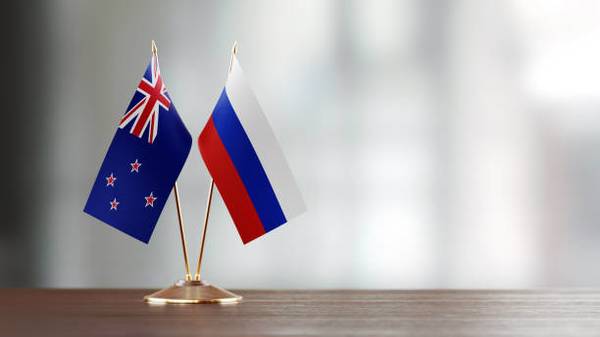New Zealand joins G7 anti-Russian price cap coalition
New Zealand’s Foreign Minister Winston Peters last week announced a new anti-Russian sanctions package to reduce the country’s revenue to finance the ongoing conflict in Ukraine.
 PHOTO: Flags of New Zealand and Russia. Getty Images
PHOTO: Flags of New Zealand and Russia. Getty Images
New Zealand has joined the price cap coalition implemented by the G7 group of countries. It has also prohibited all exports to Russia and Belarus and imposed 25 anti-Russian sanctions packages on Russian companies and entities.
The move is unlikely to have any major impact on the price of Brent crude or on Russian oil flows. New Zealand closed its sole oil refinery in 2022. Since then, it has relied on imports of finished diesel and petroleum products from Singapore, South Korea and Japan, according to government data.
New Zealand imported just 340,000 mt of diesel last December.
“Increasingly sophisticated methods are being used in the effort to evade sanctions," Peters said. "By targeting evasion methods, the [Russian] Government is contributing to the robustness of the sanctions system,” he added.
New Zealand has also extended a 35% tariff implemented on all Russian imports to the country until 2025 and banned imports of Russian gold, oil, gas, coal and luxury goods.
The price cap coalition was formed by the G7 group of countries – Canada, France, Germany, Italy, Japan, the UK, the US, and the “non-enumerated member” EU – and Australia.
The first price cap of $60/bbl was set on Russian crude oil in December 2022. Last year, two more price caps of $100/bbl for higher-value products such as diesel and gasoil, and $45/bbl for lower-value products such as fuel oil were implemented on Russian oil products.
By Aparupa Mazumder
Please get in touch with comments or additional info to news@engine.online





